- Home›
- Healthy Living›
- 8 Proven Nutritional Benefits Of Raisins
8 Proven Nutritional Benefits Of Raisins
By: Priyanka Maheshwari Sat, 08 Apr 2023 4:43:21
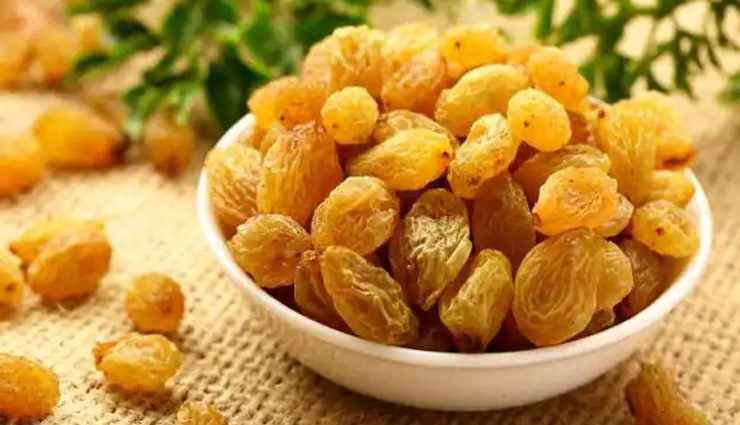
Raisins are a popular and delicious snack that is enjoyed all around the world. They are made by drying grapes in the sun or in a dehydrator, which concentrates the natural sugars and flavors of the fruit. In addition to being tasty, raisins are also a great source of nutrition, providing a variety of essential vitamins and minerals that are important for overall health. In this article, we will discuss some of the nutritional benefits of raisins and how they can be incorporated into your diet to promote better health.

# Boosts Energy
Raisins can help to boost energy levels. Raisins are a good source of carbohydrates, particularly natural sugars like glucose and fructose. These sugars are easily and quickly absorbed by the body, providing a quick source of energy. This makes raisins a great snack option for those who need a quick boost of energy, such as athletes or individuals engaging in physical activity.
In addition, raisins also contain other nutrients that can help to boost energy levels, such as iron and B vitamins. Iron is essential for the production of red blood cells, which carry oxygen throughout the body and help to maintain energy levels. B vitamins, including thiamin, riboflavin, and niacin, are also important for energy production and can help to convert the food we eat into usable energy.
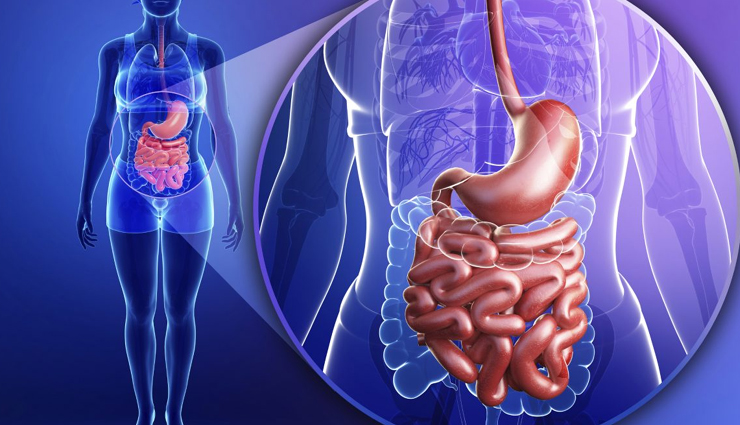
# Good for Digestion
Raisins are a rich source of dietary fiber, which is essential for maintaining digestive health. Fiber helps to keep the digestive system regular by adding bulk to the stool and promoting bowel movements. This can help to prevent constipation and other digestive issues such as bloating, gas, and cramps.
In addition, the fiber in raisins can also help to support the growth of healthy gut bacteria, which play an important role in digestion and overall health. Fiber acts as a prebiotic, providing food for the beneficial bacteria in the gut and promoting their growth.
Moreover, raisins also contain sorbitol, a natural sugar alcohol that can act as a mild laxative. This can help to promote bowel movements and relieve constipation.
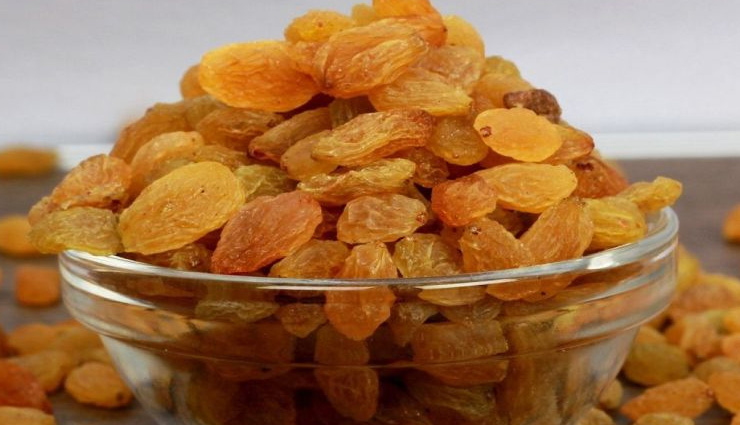
# Rich in Antioxidants
Antioxidants are compounds that help to protect the body from damage caused by free radicals and oxidative stress. Free radicals are unstable molecules that can damage cells and contribute to the development of chronic diseases such as cancer, heart disease, and Alzheimer's disease.
Raisins are particularly rich in polyphenols, a type of antioxidant that is found in many plant-based foods. Polyphenols have been shown to have a range of health benefits, including reducing inflammation, improving blood sugar control, and protecting against chronic diseases.
In addition, raisins also contain other antioxidants such as flavonoids and phenolic acids, which have been shown to have anti-inflammatory and anti-cancer properties.
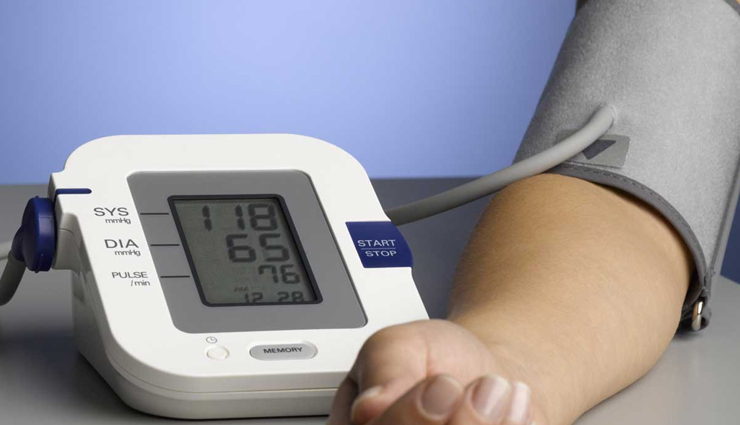
# Lowers Blood Pressure
Raisins are a good source of potassium, which is an important mineral that plays a key role in regulating blood pressure. Potassium helps to counteract the effects of sodium, which can raise blood pressure when consumed in excess.
Research has shown that consuming potassium-rich foods like raisins can help to lower blood pressure levels in people with hypertension. In one study, participants with pre-hypertension or stage 1 hypertension who consumed raisins daily for 12 weeks experienced significant reductions in systolic and diastolic blood pressure compared to a control group.
In addition to potassium, raisins also contain other nutrients that may contribute to their blood pressure-lowering effects, such as fiber and polyphenols.
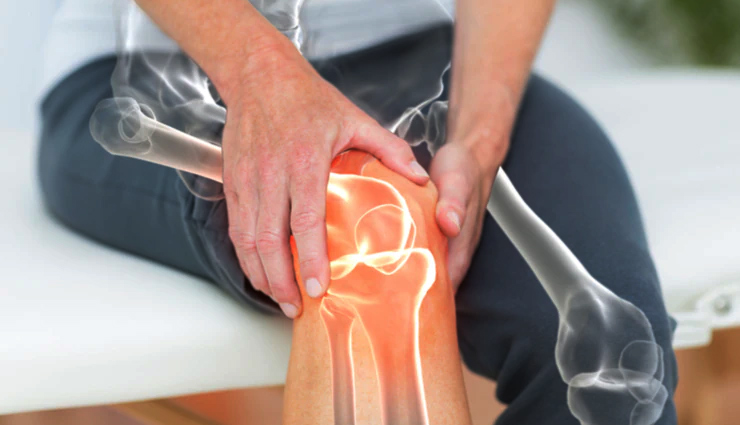
# Improves Bone Health
Raisins are a good source of several nutrients that are important for bone health, including calcium, magnesium, and vitamin K.
Calcium is the main mineral that makes up bones, and it's essential for maintaining strong and healthy bones. Magnesium plays a key role in bone formation and helps to maintain bone density. Vitamin K is important for bone health because it helps to activate proteins that are involved in bone mineralization.
In addition, raisins are also a good source of boron, a mineral that helps the body to absorb and use calcium, magnesium, and vitamin D, which are all important for bone health.
Studies have shown that consuming raisins and other dried fruits may help to improve bone mineral density and reduce the risk of osteoporosis, a condition characterized by weak and brittle bones.
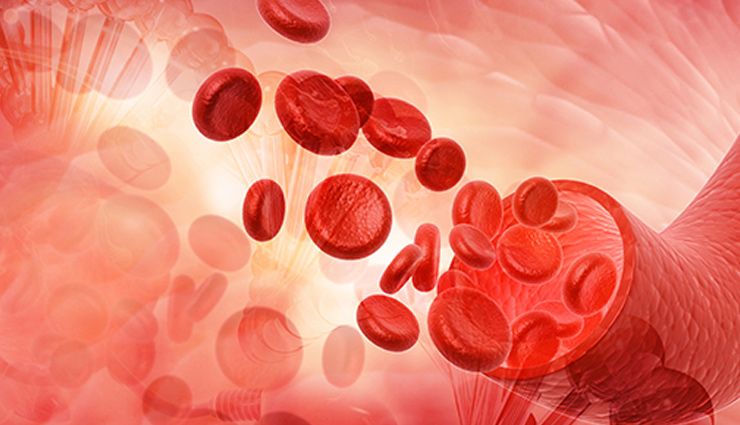
# Prevents Anemia
Anemia is a condition characterized by a lack of red blood cells or hemoglobin in the blood, which can lead to fatigue, weakness, and other symptoms.
Raisins are a good source of iron, which is essential for the production of hemoglobin in red blood cells. Hemoglobin is responsible for carrying oxygen throughout the body, and a lack of hemoglobin can lead to anemia.
In addition, raisins are also a good source of vitamin B6, which is important for the body to produce hemoglobin. Vitamin B6 helps the body to absorb iron from the diet and is also involved in the production of red blood cells.
Consuming raisins regularly as part of a balanced diet can help to increase iron and vitamin B6 intake, which can help to prevent anemia.

# Improves Skin Health
Raisins are a good source of several nutrients that are important for healthy skin, including antioxidants, vitamin C, and vitamin E.
Antioxidants help to protect the skin from damage caused by free radicals, which can contribute to the development of wrinkles, fine lines, and other signs of aging. Raisins are particularly rich in polyphenols, a type of antioxidant that has been shown to have anti-inflammatory and anti-cancer properties.
Vitamin C is important for the production of collagen, a protein that helps to keep the skin firm and elastic. Vitamin E is another powerful antioxidant that helps to protect the skin from damage and may also help to improve skin texture and appearance.
In addition, raisins are also a good source of resveratrol, a compound that has been shown to have anti-aging effects on the skin.
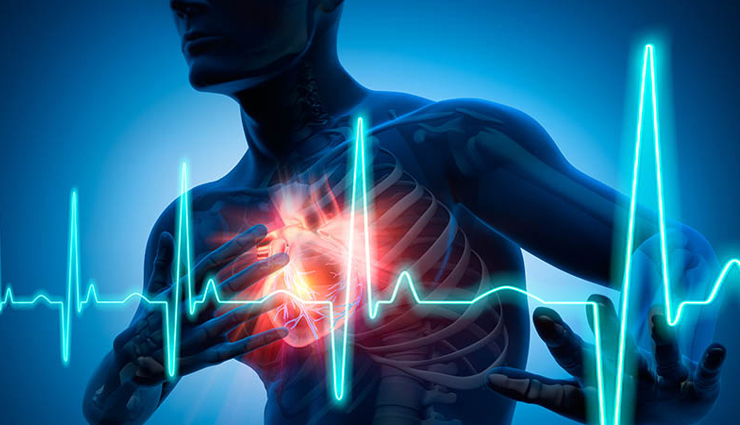
# Supports Heart Health
Raisins are a good source of several nutrients that have been shown to have heart-protective effects, including fiber, potassium, and polyphenols.
Fiber is important for heart health because it helps to lower cholesterol levels and reduce the risk of heart disease. Raisins are a good source of both soluble and insoluble fiber, which can help to promote heart health in different ways.
Potassium is also important for heart health because it helps to regulate blood pressure, which is a major risk factor for heart disease. As mentioned earlier, raisins are a good source of potassium and may help to lower blood pressure levels in people with hypertension.
Polyphenols are antioxidants that have been shown to have anti-inflammatory and anti-cancer properties. They may also help to improve endothelial function, which is the ability of blood vessels to dilate and constrict as needed. This can improve blood flow and reduce the risk of heart disease.
Studies have shown that consuming raisins and other dried fruits may help to improve several markers of heart health, including blood pressure, cholesterol levels, and inflammation..
Overall, raisins are a nutritious and versatile food that can be added to a variety of dishes or consumed on their own as a healthy snack. Incorporating raisins into your diet can provide a range of health benefits and may help to improve overall well-being.





